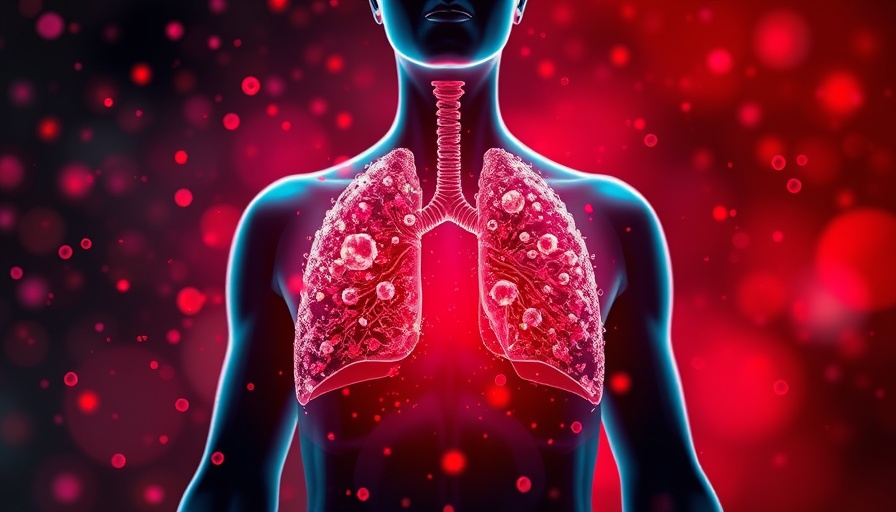
Understanding Microplastics: A Growing Threat to Health
Microplastics are defined as plastic particles measuring less than 5 millimeters, and they exist everywhere in our environment—from our oceans to the air we breathe. Recent studies have underscored their alarming presence in not just wildlife, but potentially also in humans, with serious health implications ranging from chronic inflammation to hormone disruption.
The Alarming Findings on Human Exposure to Microplastics
According to a recent 2025 study, microplastics have been found in the lung tissues of various bird species, with an average of 221 particles per bird. This statistic raises concerns that humans, exposed to similar environmental conditions, might also accumulate microplastics in our bodies. The small sizes of these particles allow them to bypass biological barriers, making their potential health risks even more alarming.
Why Microplastics Are So Dangerous to Our Health
Microplastics do not degrade; they persist in our environment and our bodies. Once ingested, these particles can cross barriers like the placenta and even the blood-brain barrier, raising urgent questions about their long-term effects. Research indicates that these particles can create oxidative stress and disrupt our gut health, leading to chronic conditions that may not be immediately evident.
Simple Steps to Reduce Microplastic Exposure in Your Life
As awareness of microplastics grows, it’s crucial that we take steps to minimize our exposure. Consider switching to reusable bags, storing food in glass instead of plastic containers, and opting for natural home products. Enhancing indoor air quality with proper filters can also significantly reduce the amount of microplastic that enters our living spaces. Every action counts, no matter how small.
The Future of Microplastic Research and Health Safety
With projections showing global plastic production potentially tripling by 2060, ongoing research into the effects of microplastics will remain vital for health and environmental policy. We must remain informed and proactive to ensure a healthier future.
The conversation about microplastics is not just about environmental health; it’s about personal well-being. Understanding this issue is the first step toward creating positive change in our lives.
 Add Row
Add Row  Add
Add 




Write A Comment